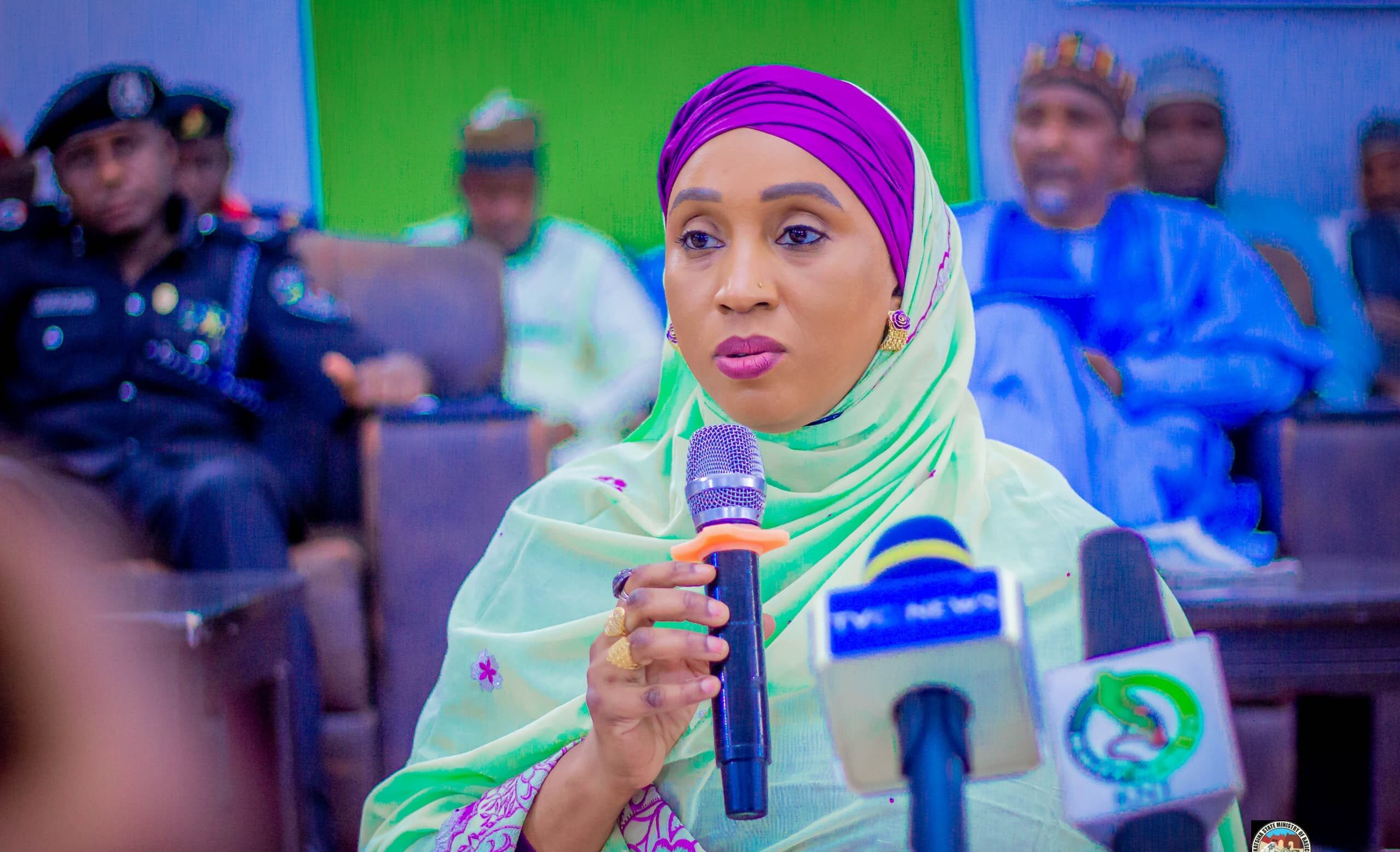According to a 2020 survey by the International Labour Organisation, women in Nigeria, earn on average, 20 to 30 per cent less than their male counterparts in the same roles. As of September 2024, the International Monetary Fund (IMF), reported that Nigerian women account for 70 per cent of Nigeria’s poorest population, with women earning 45 per cent less than men. Women’s lower earnings contribute to higher poverty rates among female-headed households, limiting economic mobility.
This wage gap persists even though women often have equal qualifications and sometimes are more educated than men. The gender pay gap in Nigeria is a complex issue influenced by historical, cultural, and economic factors. Closing the gender pay gap is not only fair but also essential for sustainable economic growth and social development. It requires the government to enforce existing labor equality policies and laws, invest in education at all levels, and encourage inclusive workplace cultures.
One important way to address the gender pay gap in Nigeria is the enforcement and implementation of existing laws and policies. For example, the Nigerian Labour Act, National Women’s Economic Empowerment Policy, and Revised National Gender Policy (2021-2026). These laws and policies provide strategic guidance for tackling gender equity across various sectors and addressing socioeconomic inequalities.
Despite these laws and policies, there is poor implementation and weak monitoring mechanisms. The government should ensure the enforcement of and strict compliance with existing policies and laws. This enforcement would remove the existing biases in wage distribution. One way to ensure the enforcement of these policies is regular audit reports by governmental and private organisations on the gender pay gap. Also, stronger penalties for noncompliance and robust labor inspection systems can address the gender pay gap.
Furthermore, expanding access to education, especially in Science, Technology, Engineering and Mathematics (STEM) fields, can help women secure higher-paying jobs. There is a high concentration of women in lower-paying sectors of the economy. Research indicates that 50 percent of women in Nigeria work in just seven occupations, primarily in clerical roles, sales, healthcare, social care, and teaching. This occupational concentration limits women’s income and contributes to the wage disparity. Differences in educational qualifications and skill levels between genders also lead to income disparity. Women have less access to quality education and training opportunities, affecting their employability in higher-paying roles.
Training women in STEM can equip them with the skills they need for higher-paying jobs. An example of the impact of STEM education is GirlsCoding by Pearls Africa Foundation. GirlsCoding is a free program targeting girls aged 10 to 17 from underserved communities. The programme offers training in coding, robotics, and digital literacy, connecting participants with female mentors and tech internships.
Graduates from GirlsCoding successfully transition into tech careers, securing scholarships and employment opportunities that offer higher salaries than traditionally female-dominated sectors. Other similar programs include Women Techsters by Tech4Dev, She Codes for Change, and STEM Bootcamps by Working to Advance Science and Technology Education for African Women Foundation.
Another way to tackle the gender pay gap is to advance corporate gender-inclusive policies. These policies will encourage businesses to adopt fair wage practices, parental leave policies, and gender diversity in leadership positions. Gender biases and discriminatory practices in hiring, promotions, and salary negotiations further widen the pay gap. Encouraging organizations to adopt transparent salary structures, unbiased recruitment processes, and support for work-life balance can create an environment where women have equal opportunities to advance and earn equitable wages.
The gender pay gap in Nigeria remains a significant barrier to achieving economic equality and sustainable development. This disparity undermines women’s economic empowerment and hinders Nigeria’s economic growth. Addressing the gender pay gap in Nigeria is crucial for fostering economic growth and achieving social justice. Collective efforts from the government, private sector, and civil society are essential to create a more equitable and prosperous society for all Nigerians.
Ezeh is a writing fellow at African Liberty. She can be reached via: @Mmeso Ezeh.

 1 day ago
1
1 day ago
1















 English (US) ·
English (US) ·